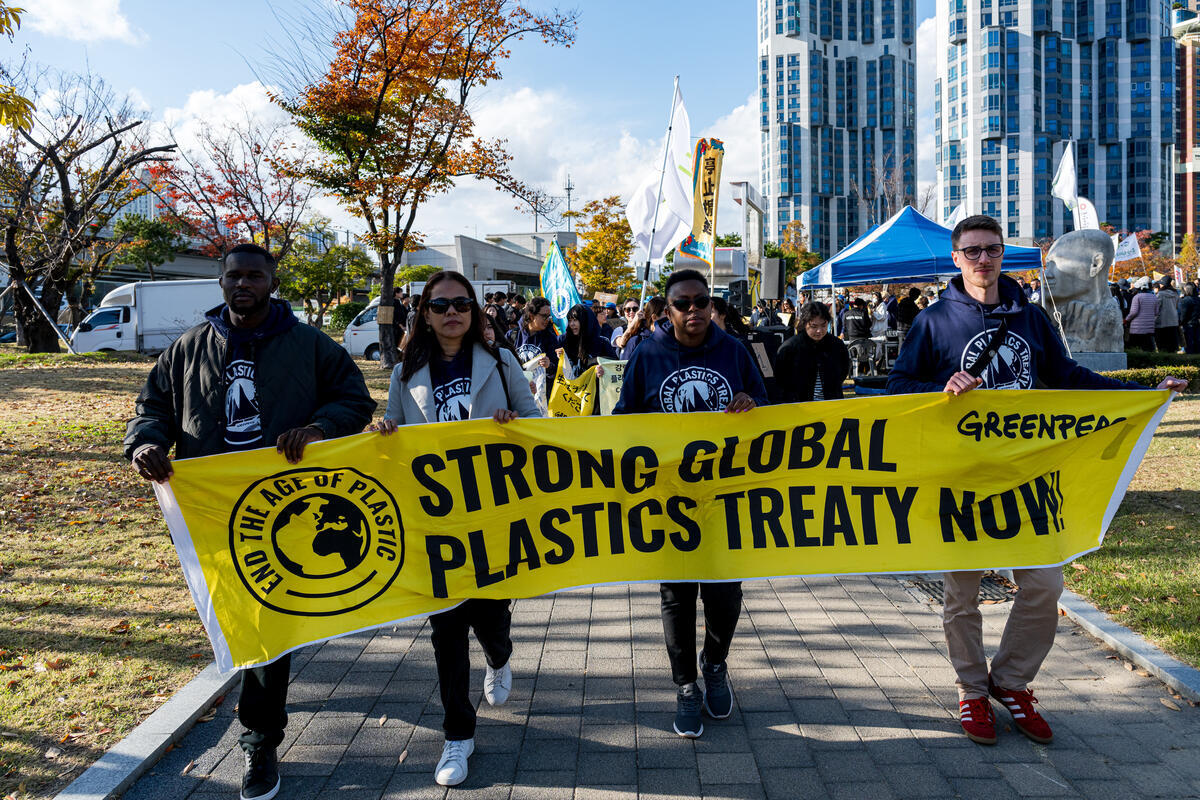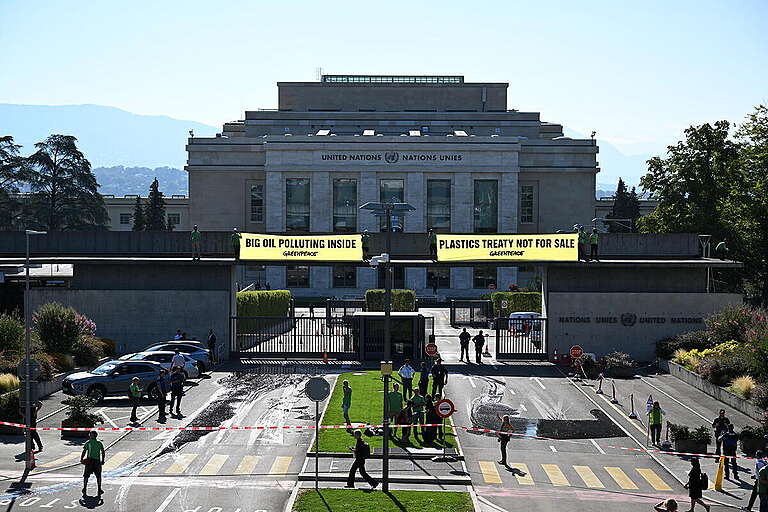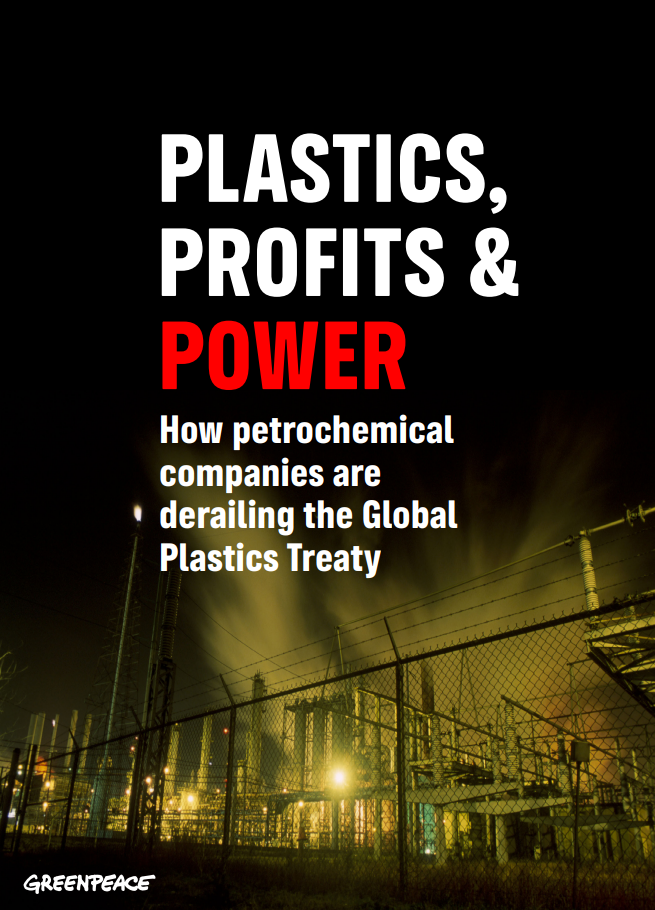We sent a letter to several ministers, including the acting National Resources and Environment and Sustainability Minister (NRES) Datuk Seri Johari Abdul Ghani on the 5th session of the Intergovernmental Negotiating Committee on Plastic Pollution (INC-5.2) this week with the hopes of landing a final deal, in Geneva, Switzerland.
We are requesting the honorable Minister to support reduction in plastic production and use, and advance refill and reuse systems and associated measures for a meaningful treaty. Malaysia is facing a huge plastic pollution problem. We appreciate the leadership under YB and NRES in cracking down on imported plastic waste, with the urgent need to restructure several agencies involved in plastic waste management to ensure more integrated and effective policy implementation. Hence, we urge Malaysia to lead in the treaty negotiation towards a positive impact for the people and the planet.
Member States can, and must, reach an agreement for an ambitious treaty at INC-5.2. At INC-5, over 100 governments stood up for a meaningful agreement, and we avoided a weak deal. There is growing alignment among Member States on the critical elements of a strong Plastics Treaty, and we have never been closer to a final deal. What is needed now is strong political leadership to carry this momentum forward, and that is where Ministers play a critical role. In the months since INC-5, we have had further evidence of microplastics present in the human heart, tap water and chewing gum. Plastic now threatens human health on a global scale, and there is no time to waste.
The most important element to agree remains a global target to reduce plastic production. Uncontrolled global plastic production presents financial risks, undermines a genuinely circular economy and drives threats to human health , devastation across ecosystems, and further climate chaos. Demand side and downstream measures agreed within the Treaty cannot be truly successful without supply-side rules that include a reduction in overall plastic production.
However, nothing is agreed until everything is agreed. Governments must agree on a global production target as part of a package of measures that includes clear commitments on means of implementation, including finance. We cannot have ambition on one without ambition on the other- the treaty must be impactful enough in what it delivers so that it is worth investing resources in.
As such, Greenpeace Southeast Asia is asking that you attend INC-5.2, with a clear mandate to support a Treaty that:
- Sets a global target to reduce plastic production, subject to periodic review and supported by national measures to achieve the target and with mandatory reporting.
- Sets binding obligations to eliminate annex-listed plastic products and chemicals used or present in plastics.
- Sets binding targets for reuse and include references to ‘reuse systems’ in the text.
- Ensures the Conference of the Parties shall have the ability to vote on decisions if all efforts to reach consensus have been exhausted.
- Supports a new fund that meets specified conditions on governance and design and adequate financial support to cover compliance and implementation costs.
- Takes a human rights-based approach and centres Indigenous Rights in the Treaty process and implementation.
Scientists, the public, communities impacted by plastic production and pollution, civil society groups and a growing number of businesses across sectors have aligned on calls for a legally binding Treaty that addresses the harms associated with plastic across its lifecycle, starting at the primary plastic polymer production stage. During INC5, the Business Coalition for a Global Plastics Treaty, which includes Coca Cola, Unilever and others, ‘strongly’ supported the package of a meaningful treaty, including a production reduction target. A strong Global Plastics Treaty has the potential to set us on the right path and prevent further harm to people and the planet.
Greenpeace Southeast Asia hopes that Malaysia will seize this historic opportunity to lead ASEAN in eliminating plastic pollution.
Yours sincerely,
Veerawit Tianchainan
Executive Director
Greenpeace Southeast Asia



